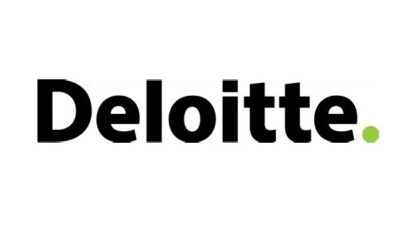Drive Board Action
Stakeholder engagement
This topic will help you to:
- learn the art of effective stakeholder engagement with purposeful engagement plans, building internal support and fostering leadership for climate action
- and discover the benefits of collaborating with industry peers, NGOs and other key actors to drive collective impact.






